The Leader in Distribution and Marketing Software
Right partner for your long-term success, start-up or an established company.
Distribution channels internalize 4 Ps: Product, Promotion, Price, Placement/Distribution. Distribution management focuses on the supply chain and delivery of products across various distribution networks. The distribution management process involves handling the flow of items from a wholesaler to a manufacturer and from a retailer to a customer.
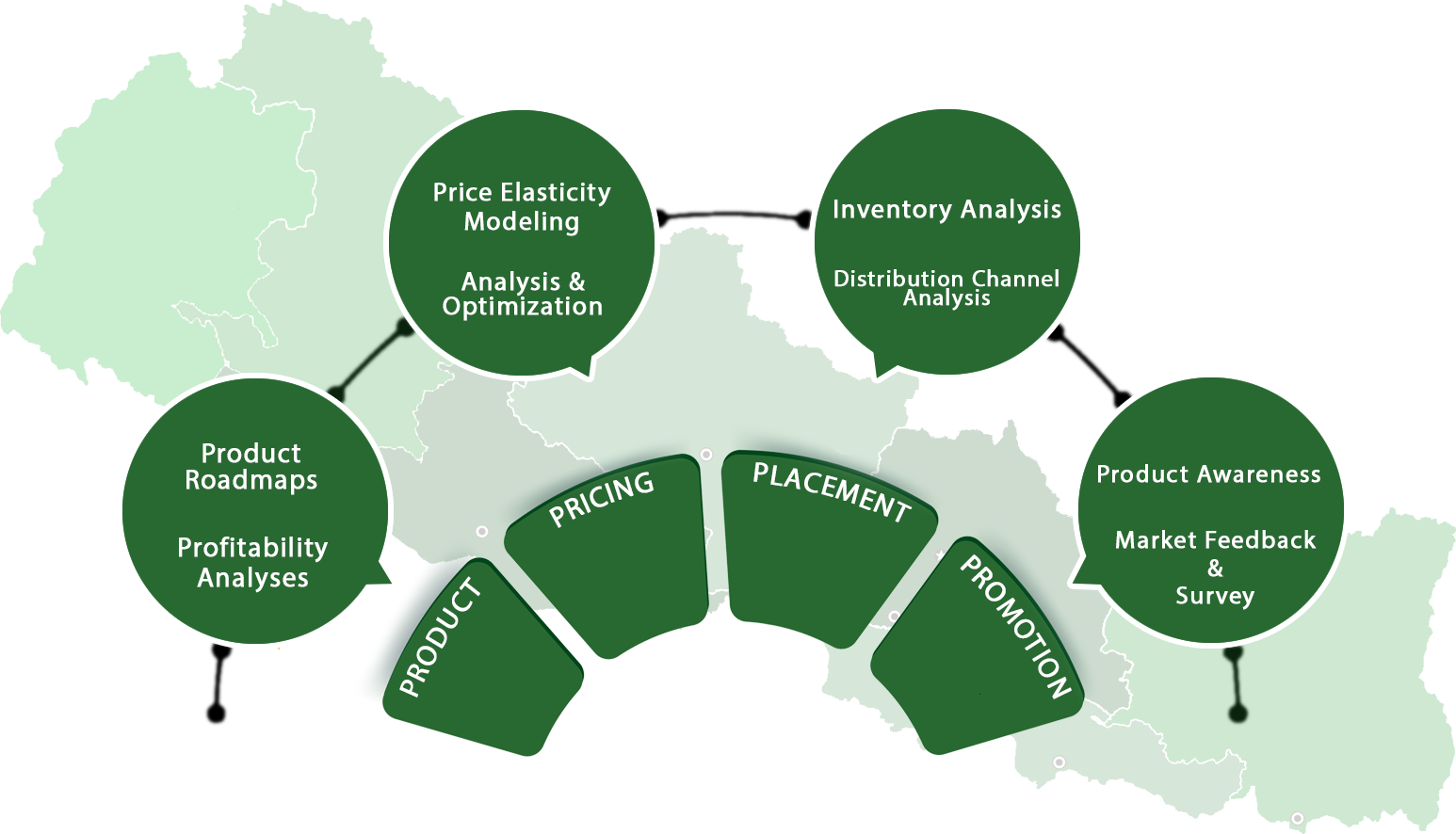
The D&M serves as a decision support system to keep up your company's distribution control room. Distribution management considers the extent of customers' requirements, shipping optimization, and possible causes of shipping delays as essential factors to be taken into account. Using the D&M system, reliability and service quality are enhanced.
Neo D&M System allows real-time reporting, sales management, tracking & monitoring leads, delivery, and campaigns to give you the best outcome
Neo D&M is Applicable For Every Industry

Food and Beverage
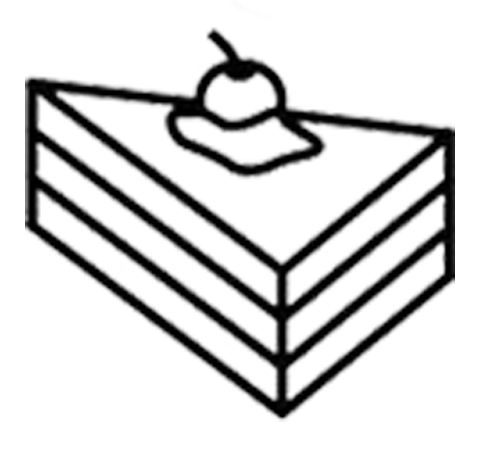
FMCG Products

Cement and Steel

Shoe manufacturer
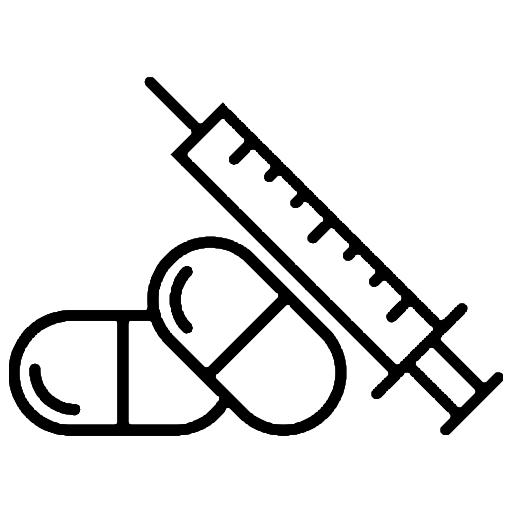
Pharmaceuticals

Service Industry
Solutions for your specific needs

One of the best parts about adopting hierarchy management is getting an advantage to visualize data at multiple levels of your company. Visualization of data means gathering the right data for making efficient
business decisions and processes. Provides structured view of the hierarchy to ensure better consistency of the knowledge and resources and proper allocation of duties at different level.

Record of the transaction history, payment method, order amount, and status of the customer from placement to shipping is administered.
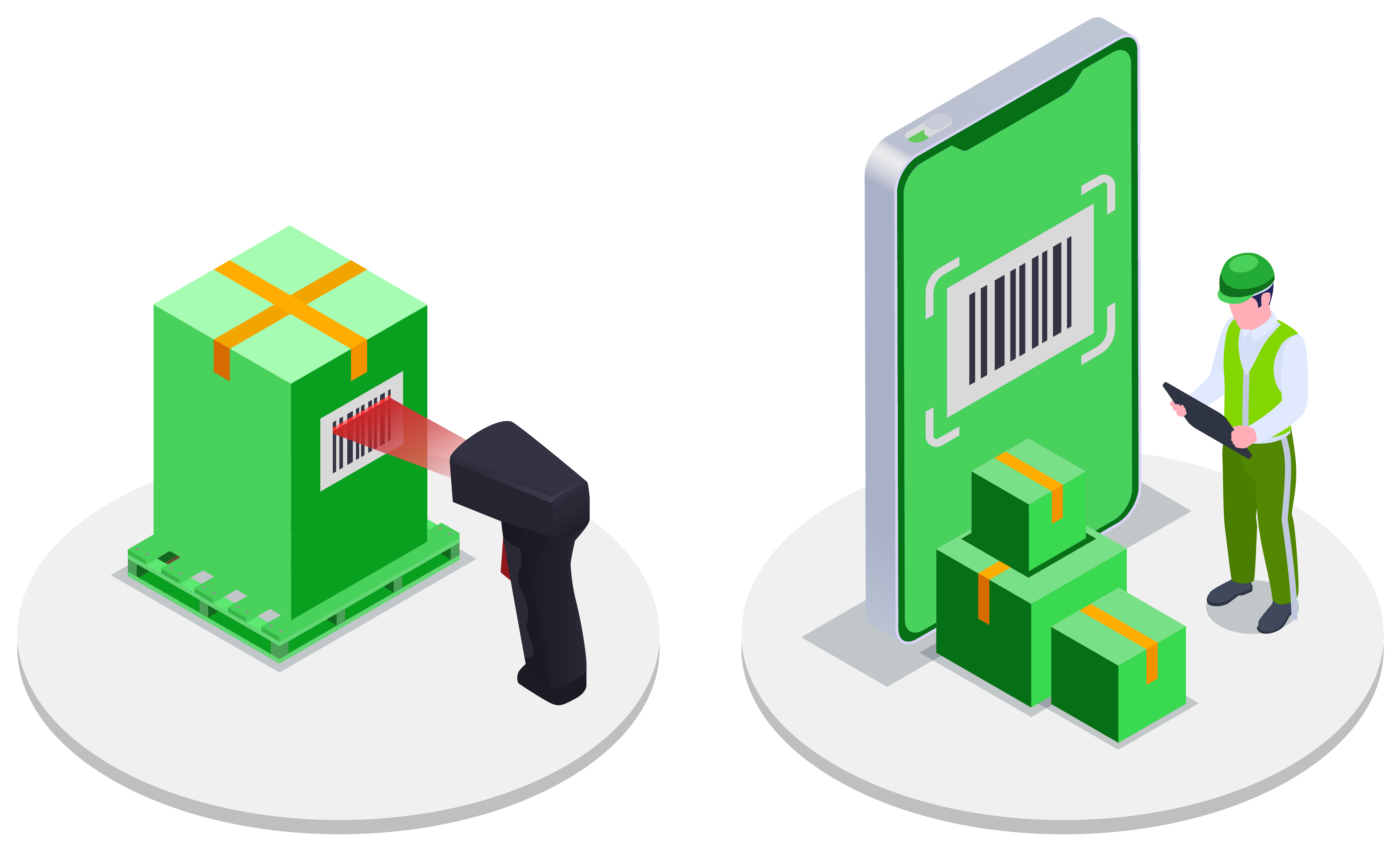
Have supervision of inventory and stock items and equip balanced inventory and stocks. Features includes Multiple Locations / Warehouses / Stores support, Stock Alerts, Returns of Goods from Clients / to
Supplier management, Supplier Availability and Lead Times, Inventory Changes over Time, Product Cost Tracking over Time on basis of Serial Numbers, Batch Numbers / Expiry Dates, Transfer between Locations
and Landed Cost Calculations.
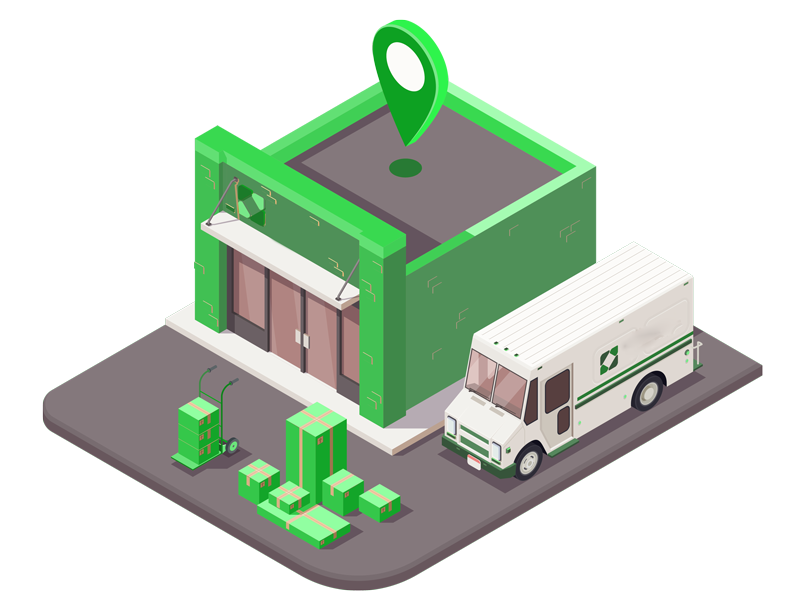
The process of managing the movement and storage of goods from the point of production to the point of consumption. This includes activities such as forecasting demand for products, determining the optimal
amount of inventory to carry, and coordinating the transportation of goods from warehouses to retail stores or directly to customers. The goal of distribution stock management is to ensure that the right
products are available in the right place at the right time, while also minimizing inventory costs and maximizing efficiency.
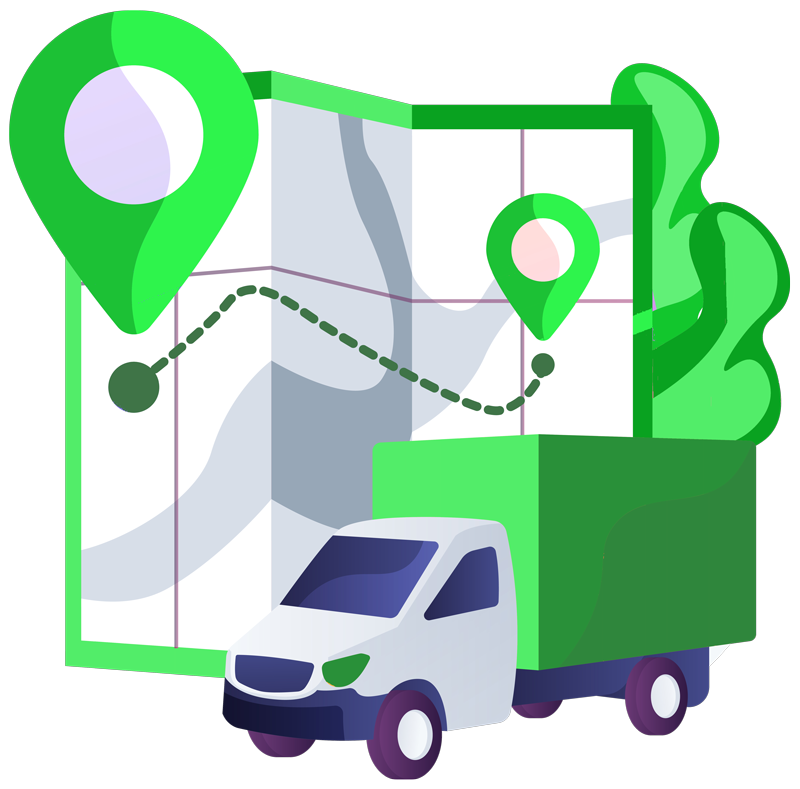
Supply chain management (SCM) is the process of coordinating the flow of goods, services, and information from suppliers to customers. It involves managing the movement and storage of raw materials, work-in-progress
inventory, and finished goods. SCM also includes the management of logistics, transportation, and warehousing activities. The goal of SCM is to optimize the efficiency of the supply chain and reduce
costs while meeting customer demand for goods and services.
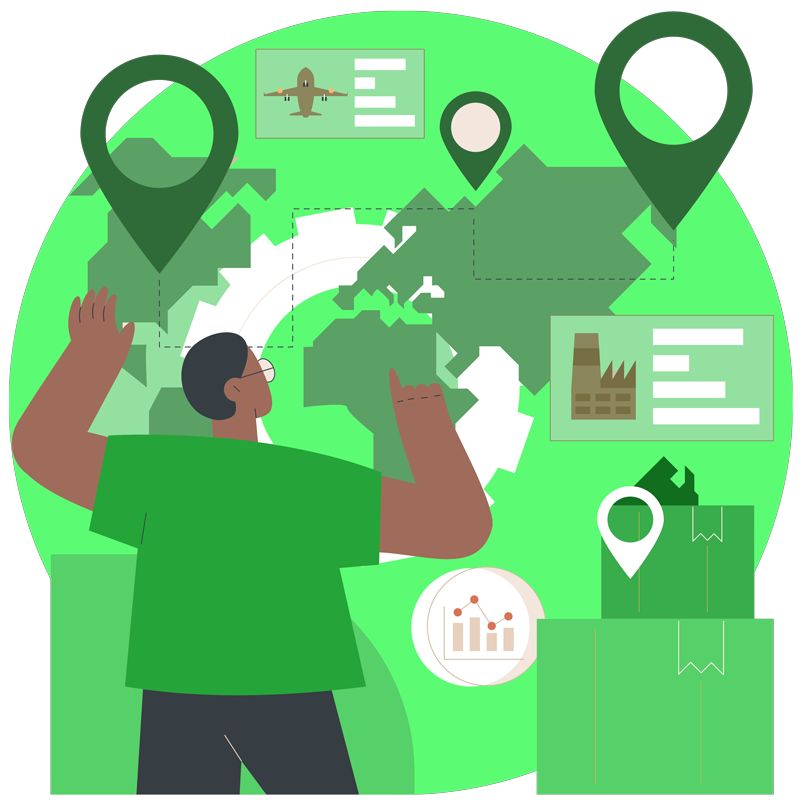
A guide for dynamic route optimization and tracking. It optimizes and plans to the practice of using standard analytics and machine learning to automatically find the best path for a courier aiming to make
logistics smarter and subsequently cheaper. It utilizes real-time data about road conditions, drivers’ schedules, employee breaks, hours on the road, geographical locations of all delivery points, and
other information to compose the fastest route for each driver. You can also use these applications for automatic and cost-efficient replanning in case of emergencies, traffic jams, or unexpected order
cancellations.

Tracking and monitoring can be used for a wide variety of purposes, including keeping track of the location of vehicles and collecting data on the performance of systems or processes. Tracking and monitoring
can provide valuable information and help organizations make more informed decisions by providing real-time data and historical trends.
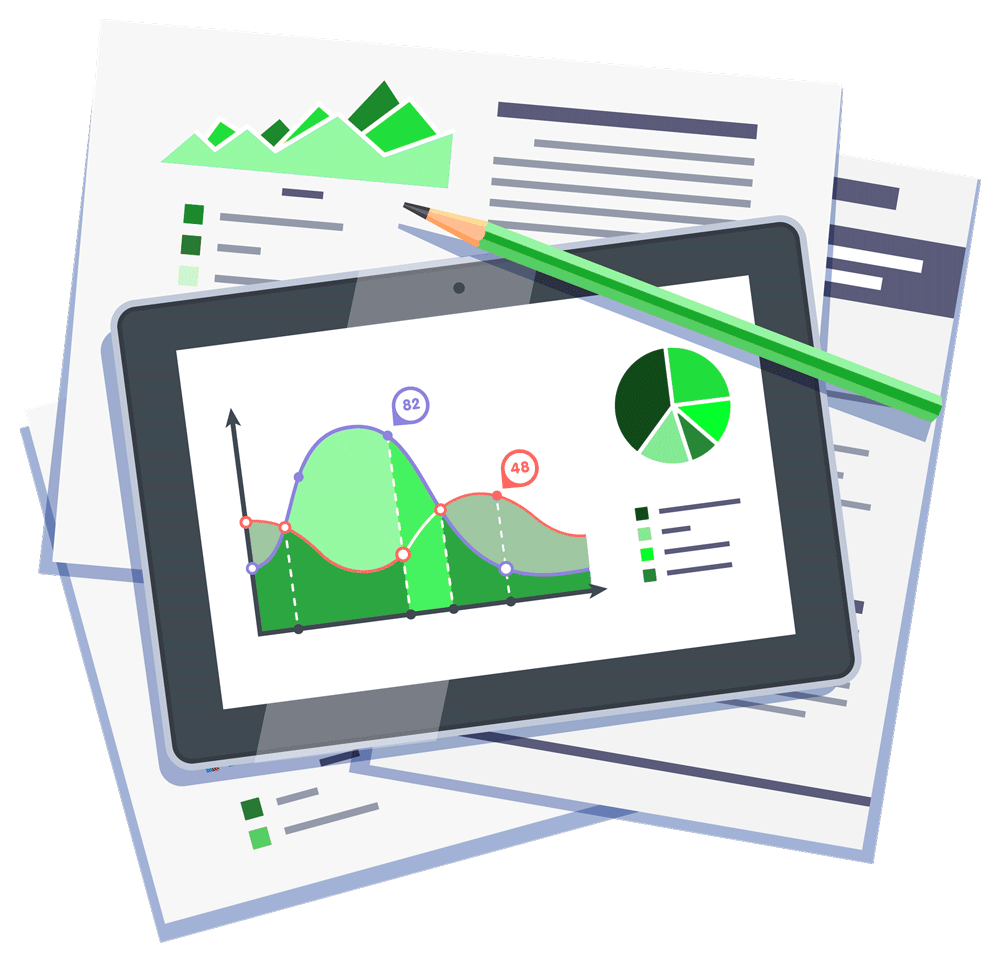
Creation of documents or presentations that summarize and communicate the key insights and trends from a set of data and filters can be used to exclude data that is not relevant or to highlight specific
patterns or trends. Together, reporting and filters can be powerful tools for organizing and understanding large amounts of data, and can help organizations make more informed decisions based on accurate
and relevant information.

Food and Beverage

FMCG Products

Cement and Steel

Shoe manufacturer

Pharmaceuticals

Service Industry
Solutions for your specific needs

One of the best parts about adopting hierarchy management is getting an advantage to visualize data at multiple levels of your company. Visualization of data means gathering the right data for making efficient
business decisions and processes. Provides structured view of the hierarchy to ensure better consistency of the knowledge and resources and proper allocation of duties at different level.

Record of the transaction history, payment method, order amount, and status of the customer from placement to shipping is administered.

Have supervision of inventory and stock items and equip balanced inventory and stocks. Features includes Multiple Locations / Warehouses / Stores support, Stock Alerts, Returns of Goods from Clients / to
Supplier management, Supplier Availability and Lead Times, Inventory Changes over Time, Product Cost Tracking over Time on basis of Serial Numbers, Batch Numbers / Expiry Dates, Transfer between Locations
and Landed Cost Calculations.

The process of managing the movement and storage of goods from the point of production to the point of consumption. This includes activities such as forecasting demand for products, determining the optimal
amount of inventory to carry, and coordinating the transportation of goods from warehouses to retail stores or directly to customers. The goal of distribution stock management is to ensure that the right
products are available in the right place at the right time, while also minimizing inventory costs and maximizing efficiency.

Supply chain management (SCM) is the process of coordinating the flow of goods, services, and information from suppliers to customers. It involves managing the movement and storage of raw materials, work-in-progress
inventory, and finished goods. SCM also includes the management of logistics, transportation, and warehousing activities. The goal of SCM is to optimize the efficiency of the supply chain and reduce
costs while meeting customer demand for goods and services.

A guide for dynamic route optimization and tracking. It optimizes and plans to the practice of using standard analytics and machine learning to automatically find the best path for a courier aiming to make
logistics smarter and subsequently cheaper. It utilizes real-time data about road conditions, drivers’ schedules, employee breaks, hours on the road, geographical locations of all delivery points, and
other information to compose the fastest route for each driver. You can also use these applications for automatic and cost-efficient replanning in case of emergencies, traffic jams, or unexpected order
cancellations.

Tracking and monitoring can be used for a wide variety of purposes, including keeping track of the location of vehicles and collecting data on the performance of systems or processes. Tracking and monitoring
can provide valuable information and help organizations make more informed decisions by providing real-time data and historical trends.

Creation of documents or presentations that summarize and communicate the key insights and trends from a set of data and filters can be used to exclude data that is not relevant or to highlight specific
patterns or trends. Together, reporting and filters can be powerful tools for organizing and understanding large amounts of data, and can help organizations make more informed decisions based on accurate
and relevant information.

One of the best parts about adopting hierarchy management is getting an advantage to visualize data at multiple levels of your company. Visualization of data means gathering the right data for making efficient business decisions and processes. Provides structured view of the hierarchy to ensure better consistency of the knowledge and resources and proper allocation of duties at different level.

Record of the transaction history, payment method, order amount, and status of the customer from placement to shipping is administered.

Have supervision of inventory and stock items and equip balanced inventory and stocks. Features includes Multiple Locations / Warehouses / Stores support, Stock Alerts, Returns of Goods from Clients / to Supplier management, Supplier Availability and Lead Times, Inventory Changes over Time, Product Cost Tracking over Time on basis of Serial Numbers, Batch Numbers / Expiry Dates, Transfer between Locations and Landed Cost Calculations.

The process of managing the movement and storage of goods from the point of production to the point of consumption. This includes activities such as forecasting demand for products, determining the optimal amount of inventory to carry, and coordinating the transportation of goods from warehouses to retail stores or directly to customers. The goal of distribution stock management is to ensure that the right products are available in the right place at the right time, while also minimizing inventory costs and maximizing efficiency.

Supply chain management (SCM) is the process of coordinating the flow of goods, services, and information from suppliers to customers. It involves managing the movement and storage of raw materials, work-in-progress inventory, and finished goods. SCM also includes the management of logistics, transportation, and warehousing activities. The goal of SCM is to optimize the efficiency of the supply chain and reduce costs while meeting customer demand for goods and services.

A guide for dynamic route optimization and tracking. It optimizes and plans to the practice of using standard analytics and machine learning to automatically find the best path for a courier aiming to make logistics smarter and subsequently cheaper. It utilizes real-time data about road conditions, drivers’ schedules, employee breaks, hours on the road, geographical locations of all delivery points, and other information to compose the fastest route for each driver. You can also use these applications for automatic and cost-efficient replanning in case of emergencies, traffic jams, or unexpected order cancellations.
Tracking and monitoring can be used for a wide variety of purposes, including keeping track of the location of vehicles and collecting data on the performance of systems or processes. Tracking and monitoring can provide valuable information and help organizations make more informed decisions by providing real-time data and historical trends.

Creation of documents or presentations that summarize and communicate the key insights and trends from a set of data and filters can be used to exclude data that is not relevant or to highlight specific patterns or trends. Together, reporting and filters can be powerful tools for organizing and understanding large amounts of data, and can help organizations make more informed decisions based on accurate and relevant information.
